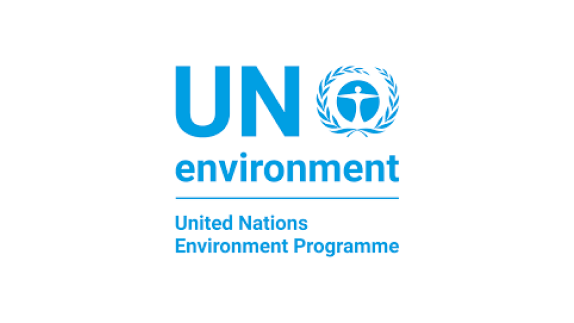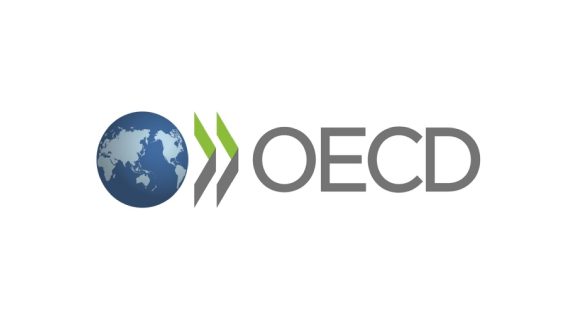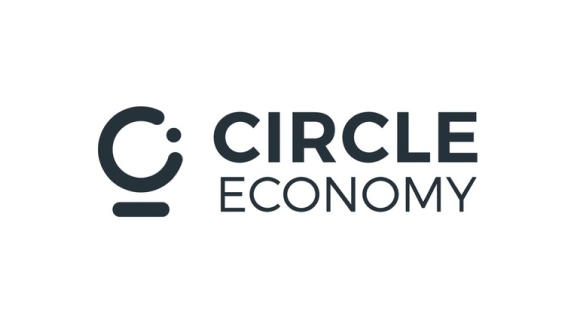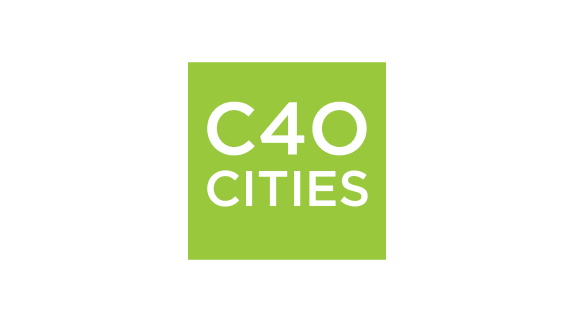
Organisation: United Nations Environment Programme (UN Environment / UNEP)
Focus Area: Leading global environmental authority. Promoting sustainable consumption & production solutions for over 20 years. Engaged in the development of the concepts of resource efficiency & circular economy.
Under the Global Initiative for Resource Efficient Cities (or GI-REC, a platform of collaboration to implement urban metabolism at the city level), UN Environment has been working on circular economycircular economyA systems solution framework that tackles global challenges like climate change, biodiversity loss, waste, and pollution. It is based on three principles, driven by design: eliminate waste and pollution, circulate products and materials (at their highest value), and regenerate nature. in cities, anchored on the International Resource Panel (IRP) report “the Weight of Cities” and previous IRP reports. The Initiative has developed and piloted a number of concepts and tools to support cities in their transition to low-carbon, resilient, and resource efficient development and a circular economy:
Using resource flow (urban metabolism or UM) analysis and visualisations (e.g. Sankey diagrams) to help shape policy interventions.
Building local capacity using a mix of digital (e.g. MOOCs) and in-person training to understand and implement UM analysis, often complementing their existing plans.
Support in developing a conceptual framework to monitor a city’s circular economy plan.
Developed a spatial microsimulation urban metabolism tool.
Find out more:
Contact us:
Ms. Sharon Gil, Coordinator, Global Initiative for Resource Efficient Cities, sharon.gil@un.org





